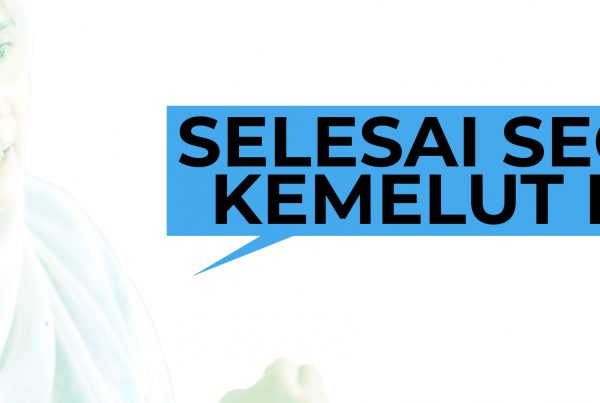Multi-billion ringgit development projects such as 1MDB (RM42 billion; partly government secured), Port Klang Free Zone (RM12.5 billion; with no developers held liable), along with dozens of similar projects, have sealed Malaysia’s image as a predatory state with a profiteering crony class.
The Malaysian state already profits at the expense of its people.
The government provides public transport but also reaps billions in revenue by taxing imported vehicles. Cars, together with other personal debts, represent 34.1 percent of household debt.
The government has promised to provide affordable housing (so far elusive) but, through its ownership of government-linked (GLC) property development companies, builds and sells luxurious homes and condominiums at high profit margins.
GLCs are also involved in most private premium healthcare even as it seeks to reduce its responsibility for funding public hospitals through a national health insurance.
Pakatan Rakyat is strongly opposed to the upcoming GST which enables the state to shirk its public duties to its citizens and raise money for even more non-transparent and accountable projects.
The Malaysian citizen is in fact doubly jeopardized by the fact that not all medicines and books are zero-rated from GST.
Post April 2015, Malaysian patients of private healthcare facilities requiring medical aids such as crutches, wheelchairs, artificial limbs and hearing aids will have to pay GST.
There are also medicines used for treating cancer patients, kidney related illnesses and HIV patients which are not zero-rated.
I am sure we will find more surprises when we diligently go through the zero-rates and exempt lists.
Is not the fact that the government disregards the people’s welfare and willingness to tax even health evidence of its predatory nature?
This is not Pakatan Rakyat’s view alone.
The Association of Malaysian Medical Industries has urged the Government to put medical devices in the same GST zero-rated category as pharmaceutical drugs.
The Malaysian Medical Association (MMA) has expressed concern that doctors may have to pay more in premiums for their medical indemnity insurance.
The Association of Private Hospitals of Malaysia (APHM) has acknowledged that it will be impossible for hospitals to absorb GST when the cost of goods would increase. It has estimated that healthcare costs would rise between 4% and 5% as medical supplies were subject to the GST.
KPJ Healthcare Bhd also warned of a possible impact on hospital bills as it expects its own costs to go up between 3% and 5% annually.
On another score, the government states that Malaysia must be a knowledge-based country. Why is it then taxing books/knowledge and making them more expensive?
A survey conducted by the International Publisher Association (IPA) that looks at Value Added Tax or Goods and Services Tax regimes found out that out of 51 countries that were surveyed, 47 countries have special discounts or exemptions on printed books. The report said that “despite the global economic crisis and the subsequent VAT/GST reforms in many countries, books are consistently confirmed to be among the goods and services that merit a special, reduced VAT/GST rate or exemption.” The IPA believes that the zero VAT/GST rate to be the best way to support the entire publishing chain, fight piracy, encourage a thriving knowledge economy and create jobs.
It is sinful for government to make revenue out of knowledge and health.
The government must defer any consideration of GST until such time as the following actions are in place:
- Ending the loss of government resources through corruption and wastage. Prosecute and convict all those involved in corrupt or negligent practices, no matter how high profile. Implement the open tender system that has been promised for years but never practised.
- Implementing measures to raise mean and median wages and salaries which are currently at a meagre RM2,050 and RM1,500 a month respectively. Boost productivity through training and equipping. Phase out low paying jobs through automation and end the exploitation of foreign workers.
- Using a more robust poverty index (MPI) to define poverty than the cost of basic needs method, as the PLI does not reflect the reality of poverty within the country.
Anything less will lead to the perception that the government is predatory and panders to vested interests, instead of fulfilling its responsibility as caretaker of the rakyat’s wellbeing.
Nurul Izzah Anwar
Member of Parliament, Lembah Pantai
Vice President of KEADILAN


